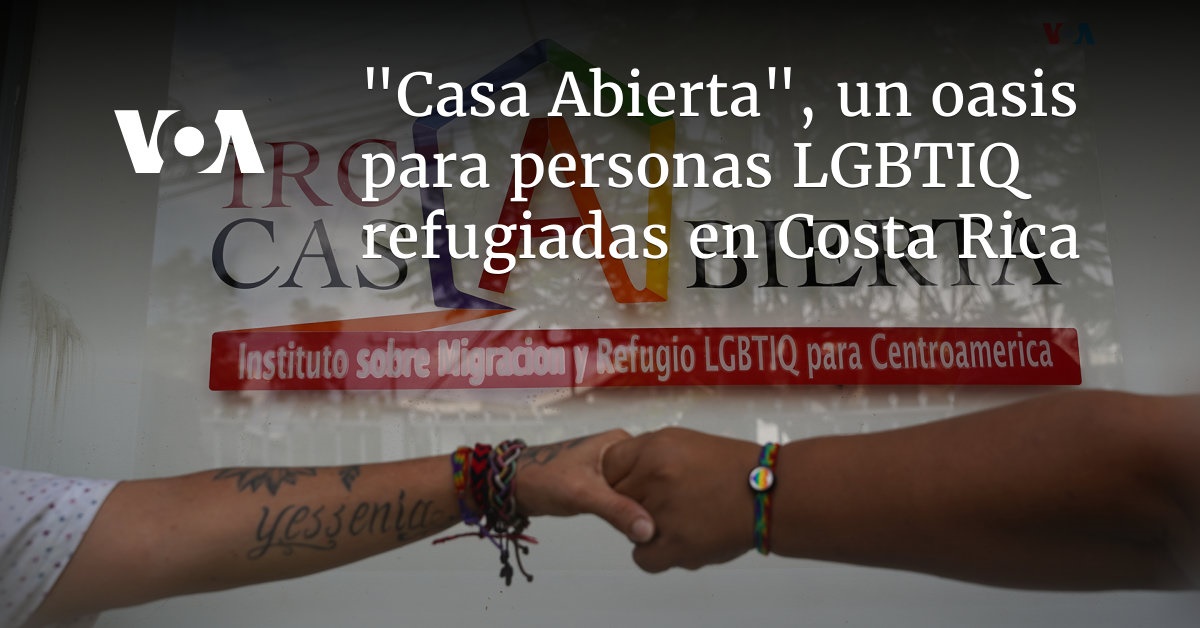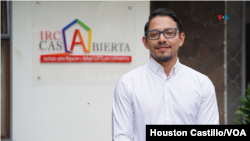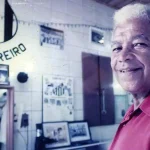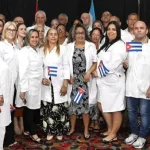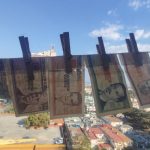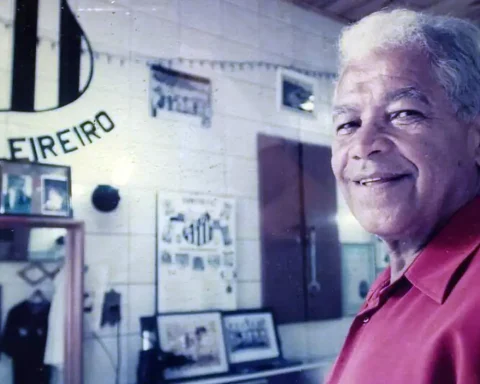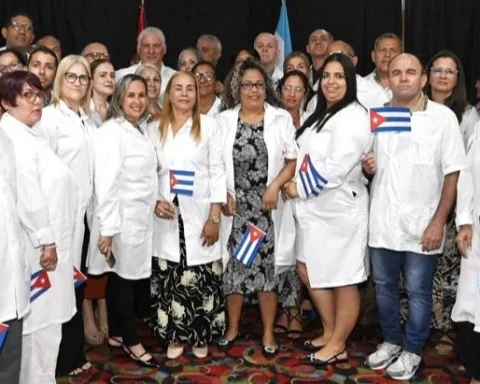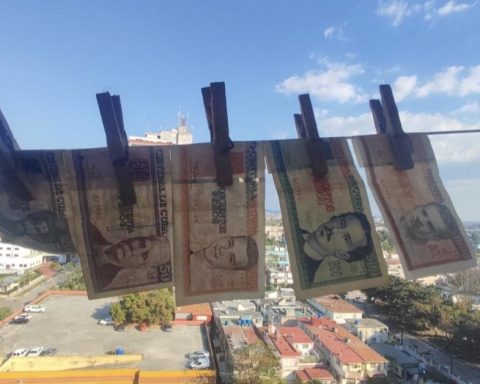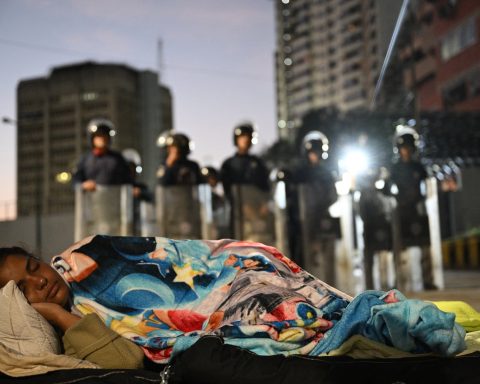Jessenia del Carmen Maradiaga, 36, and her partner Lilliam Ávila, 41, left their native Nicaragua to seek refuge in Costa Rica in May 2023. The two women were fleeing – they say – aggression and harassment for being lesbians.
“We were perhaps sleeping and they came, knocked on our door, and insulted us. We had to leave, we cannot return to Nicaragua. Even if we sleep here on the street, we cannot return because we are in danger,” Maradiaga assured the newspaper. Voice of America amidst tears.
The couple says they left Managua tired of being harassed by family members and acquaintances who constantly discriminated against them and even attacked them.
However, Maradiaga and Ávila say they have had difficulty surviving in Costa Rica, one of the most expensive countries in the region. In fact, they said, they have had to sleep in shelters and even “on the street.”
“It has been difficult,” they admit. In their search for stability and a safe place to protect themselves from discrimination, the couple discovered the LGBTIQ Migration and Refuge Institute for Central America (IRCA).
“A cousin [nos recomendó este lugar]. He helps us a lot and told us that there was this organization that could help us, that they weren’t going to judge us. And thank God we came here. They have helped us a lot, they have been attentive to us. Many things. They have all been nice to us. They never close the doors on us. As they say, there are always angels and there is hope,” says Maradiaga.
Among the most marginalized and vulnerable
Among the millions of displaced people currently in the world, “LGBT people stand out among the most vulnerable and marginalized,” insist dozens of United Nations Human Rights experts, who in 2022 signed a petition of dignified treatment and protection from governments.
“The structural vulnerabilities faced by LGBT people are exacerbated by their status as migrants, asylum seekers, refugees or internally displaced persons,” the experts stressed.
Human rights rapporteurs indicated that as refugees, this group often faces dangers similar to or greater than those they suffered in their countries of origin, including violence, xenophobia, racism, misogyny, age discrimination, socioeconomic marginalization and isolation from traditional support networks.
“At all stages of their journey, they are particularly vulnerable to violence, abuse and exploitation by a range of actors, including but not limited to immigration and security authorities, traffickers and smugglers, as well as other displaced persons and, quite often, actors responsible for their safety and well-being upon arrival at places of asylum,” the UN experts note.
An oasis in Costa Rica
IRCA is a non-profit organization that supports migrants, asylum seekers, and refugees from the LGBQ community who arrive in Costa Rica.
Dennis Castillo Fuentes, executive director of the organization, explained to the VOA that the services they provide are comprehensive and range from accompanying people to go to different institutions in Costa Rica, to psychological and economic support.
“We conduct in-depth interviews with people to identify the needs that this person brings with them, whether it be health, housing, food, education, among other processes, whether it be training, or that they can continue to be referred,” says Castillo.
According to the director of the organization, the majority of people they have assisted are Nicaraguans, followed by Venezuelans, Cubans and even Russians, which represents a challenge for an institution that was created with the purpose of serving people from the Central American region.
IRCA Casa Abierta was launched in 2013 as a result of a personal experience that Castillo lived. When he migrated from Honduras to Costa Rica twelve years ago, Castillo says that “it was born as a dream that there was a space with a safe place,” because at that time he did not find any organization that could support him in the specific circumstances that he faced as a gay man.
Castillo acknowledged that in Costa Rica there are more than forty organizations that work on the issue of migrant and refugee populations. However, so far “there is not one, apart from us, that supports LGBTQ people,” he insisted.
“From 2013 to 2018 we were an informal collective and in 2018 we came into legal life with a legal identity, a structure, a board of directors, an assembly and the entire team of different professionals that we have,” explained Castillo.
IRCA Casa Abierta currently has psychologists, educators, sociologists, administrators, lawyers; people who provide training processes, researchers and social workers.
Castillo acknowledges that the challenges they face remain current and that “prejudice, discrimination and homolesbobitransphobia persist,” the latter recognized as irrational hatred towards forms of sexual orientation and identity that do not adhere to the heteronorm.
She therefore points out that their work is essential, even though Costa Rica became the first country in Central America to legalise same-sex marriage.
“We are not going to deny that homosexuality has been decriminalized in Costa Rica and other countries in the region. For example, in Costa Rica same-sex marriage is legal. However, we are not able to implement legal norms for that part of the population,” Castillo said.
Connect with the Voice of America! Subscribe to our channel Youtubeand activate notifications, or follow us on social networks: Facebook, Twitter and Instagram.
